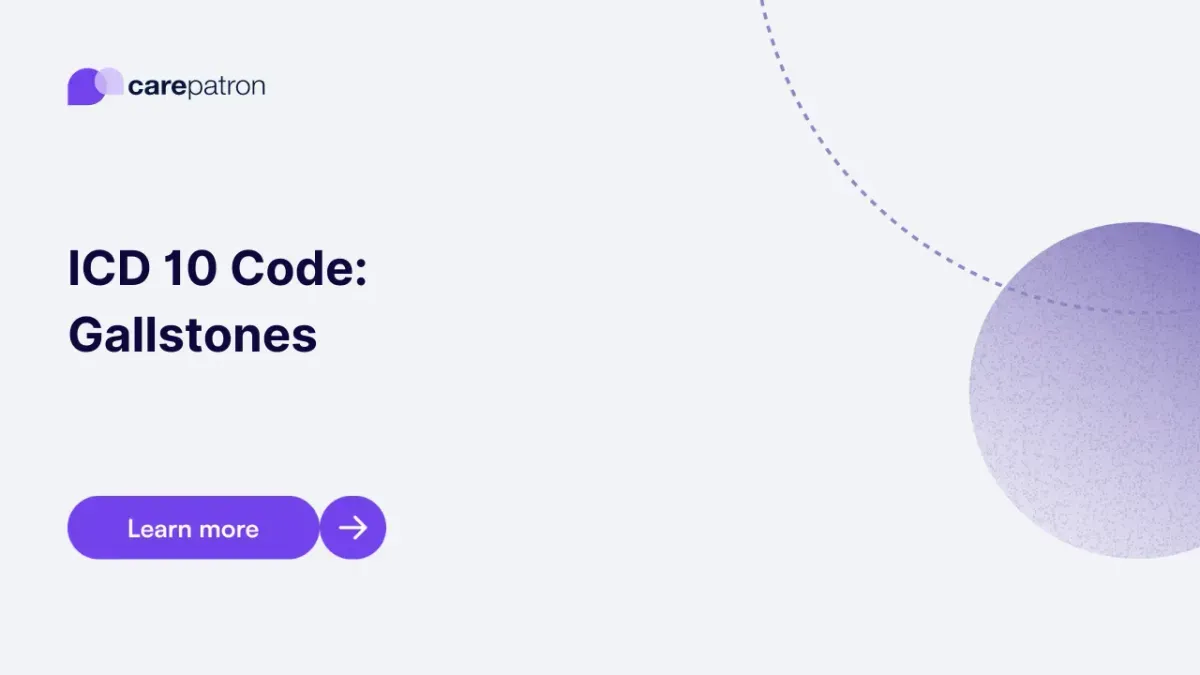
Gallstones ICD-10-CM Codes
Explore updated 2025 ICD-10-CM codes for gallstones, including cholecystitis, bile duct calculus, diagnosis, symptoms, treatment, and billing guidance.
Use Code
EHR and practice management software
Get started for free
*No credit card required
Free
$0/usd
Unlimited clients
Telehealth
1GB of storage
Client portal text
Automated billing and online payments
